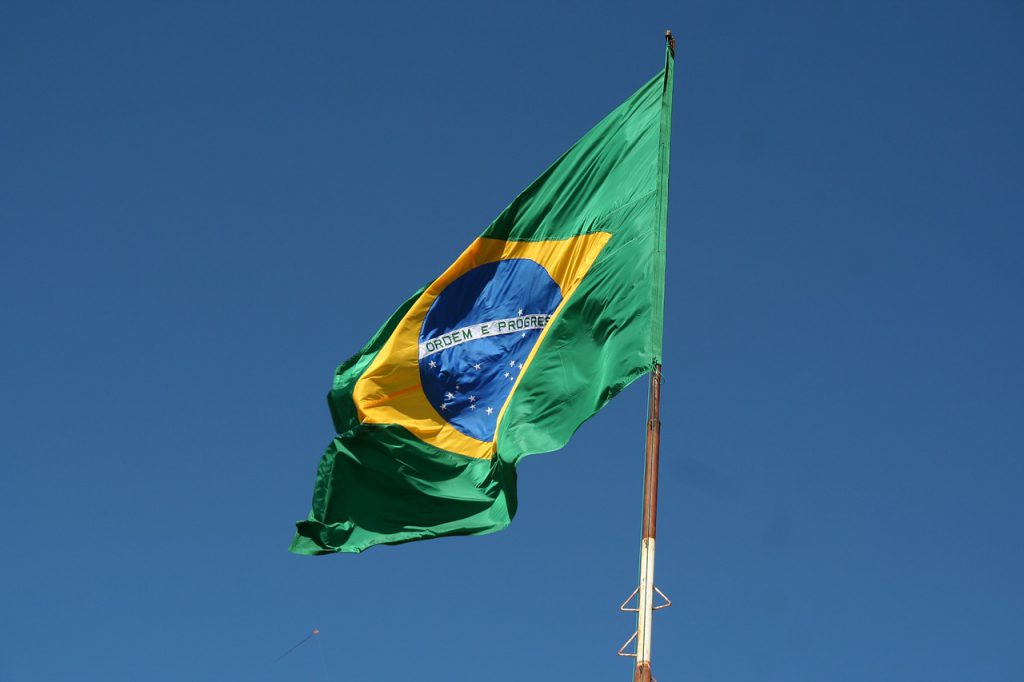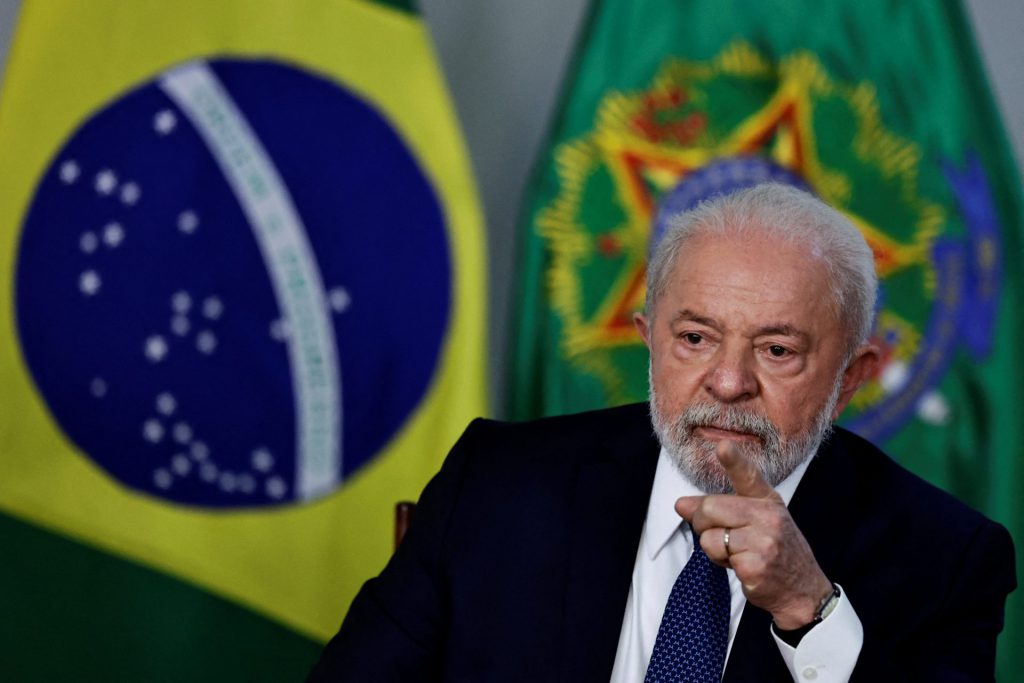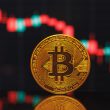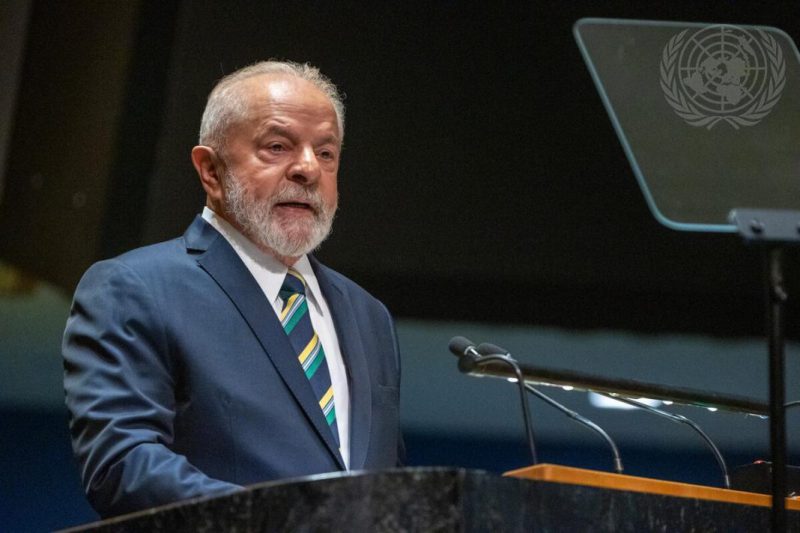Following the rumblings of a porous third quarter, Brazil has seen its economy under President Luiz Inacio Lula da Silva turn negative. Indeed, central bank data has shown the BRICS nation has reversed course from a positive economic performance as a result of several surging sectors.
Now, a key facet in predicting gross domestic product (GDP), the IBC Br index, has adjusted to post a 0.64% decline in quarter three. Moreover, that figure follows a similar decrease in September, which posted a 0.06% compared to August.


Also Read: Brazil’s Bank Preparing for Digital Currency Launch
Brazil Enters Negative Territory under President Lula Da Silva
For much of the last year, positive sentiments have surrounded the economic performance of Brazil. Indeed, its connection with the emerging BRICS bloc has led to increased relevance on the international stage. However, recent central bank data has shown a different picture of the country’s performance recently.
Specifically, Brazil’s economy under President Lula Da Silva has entered the negative for quarter three. Reuters reported the reversing performance that continues a decrease in the IBC-Br index. Moreover, the reports arrive despite non-seasonally adjusted IBC-Br showing a 0.32% increase over September 2022 and a 2.50% increase within the last year overall.


Also Read: Brazil Sees World-Altering Effect From BRICS Expansion
Additionally, the data arrived after Finance Minister Fernando Haddad discussed a “very poor” quarter. The declining performance is connected to borrowing costs and commodity prices dropping. Subsequently, the factors impacted corporate performance and tax revenue.
Conversely, the country’s Finance Ministry predicted a 3.2% increase in GDP in the year. Although the prediction was connected to positive economic data through the year’s first half, the forecast is expected to be revisited within the next week. Still, economists maintain a predicted 2.89% increase in GDP for Brazil this year.





